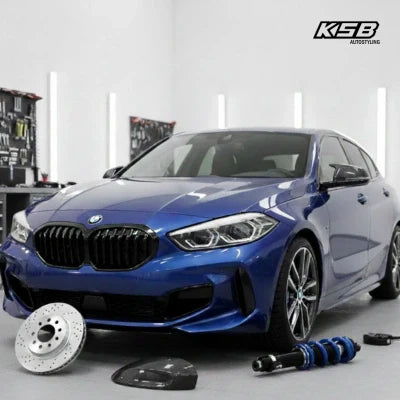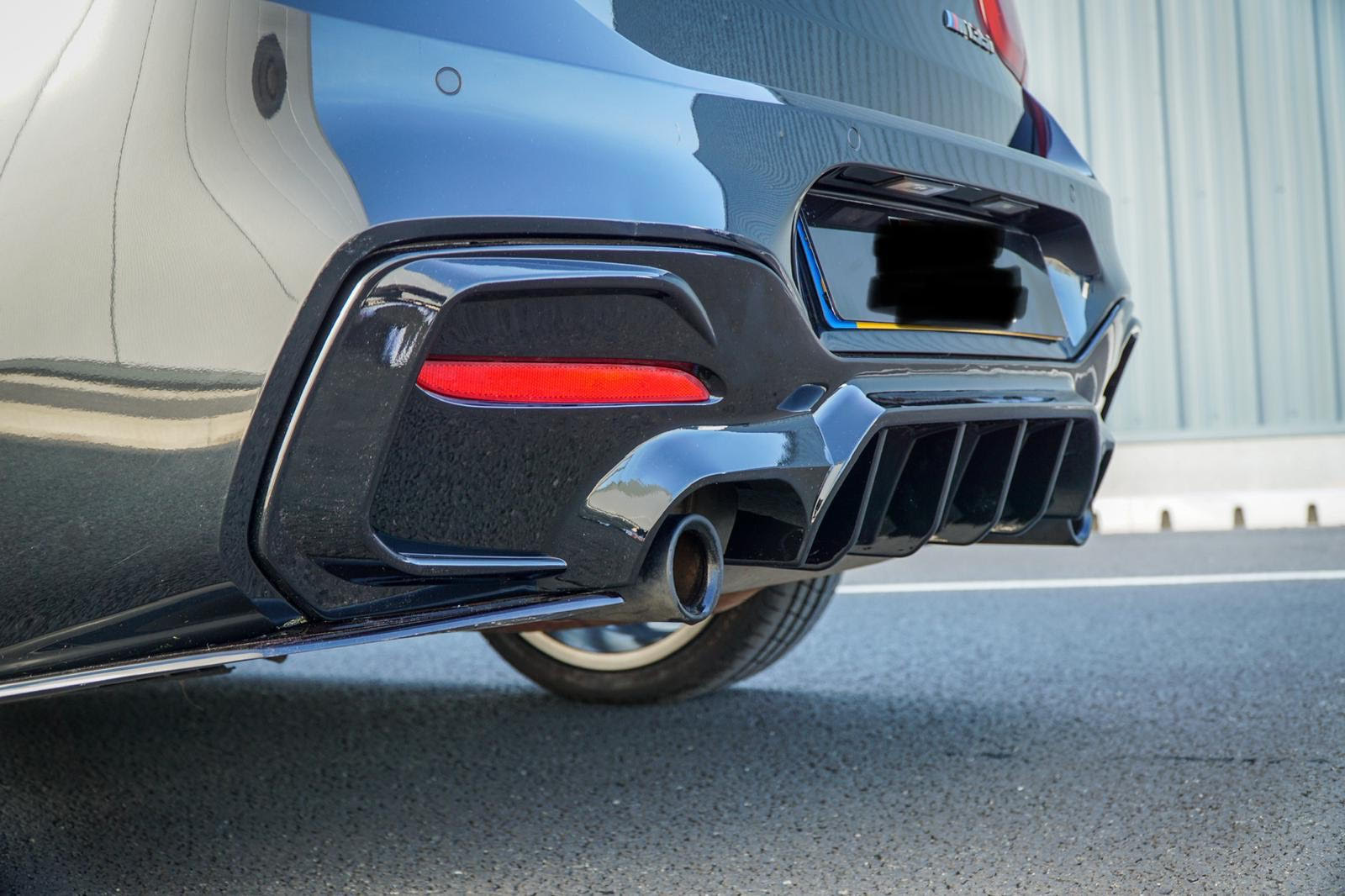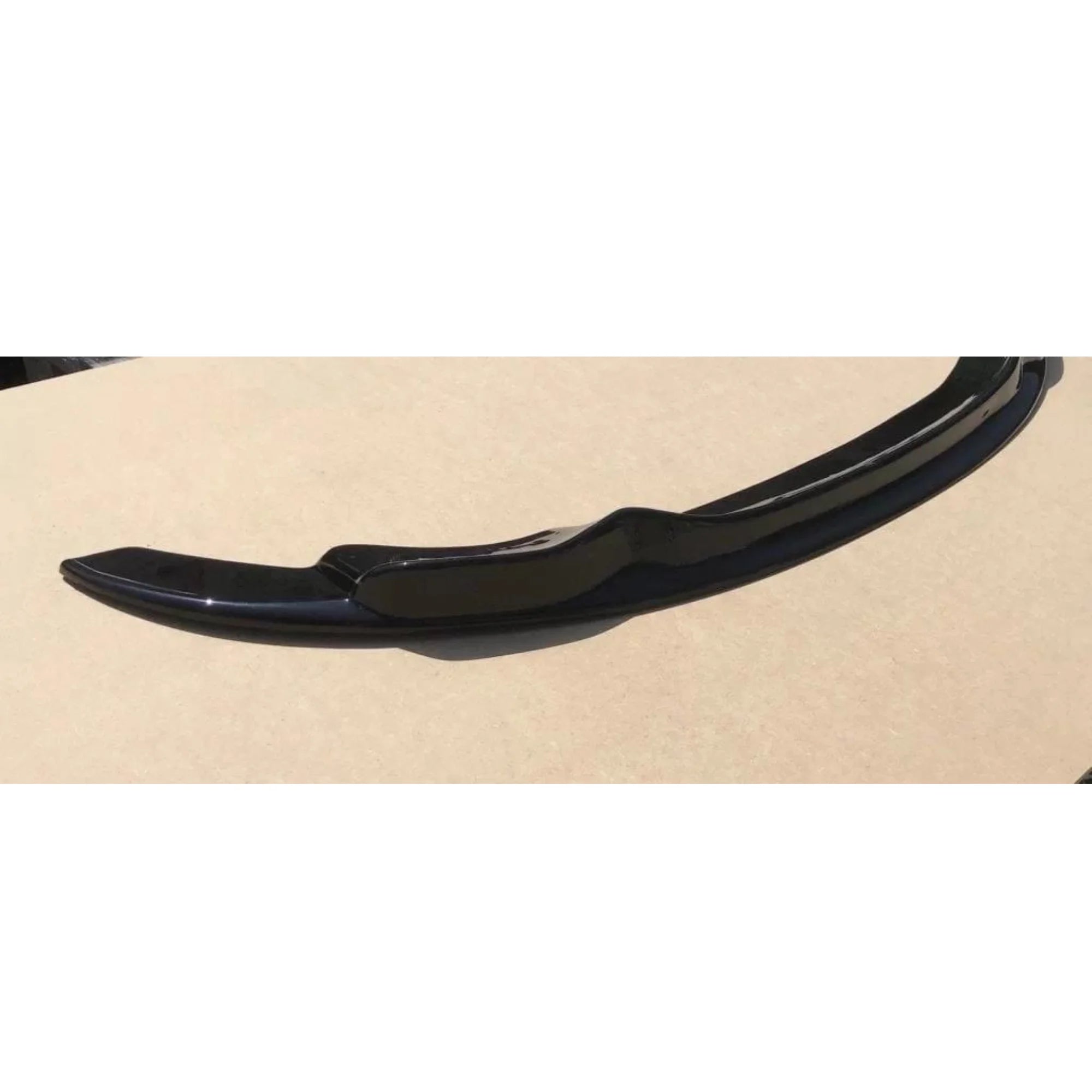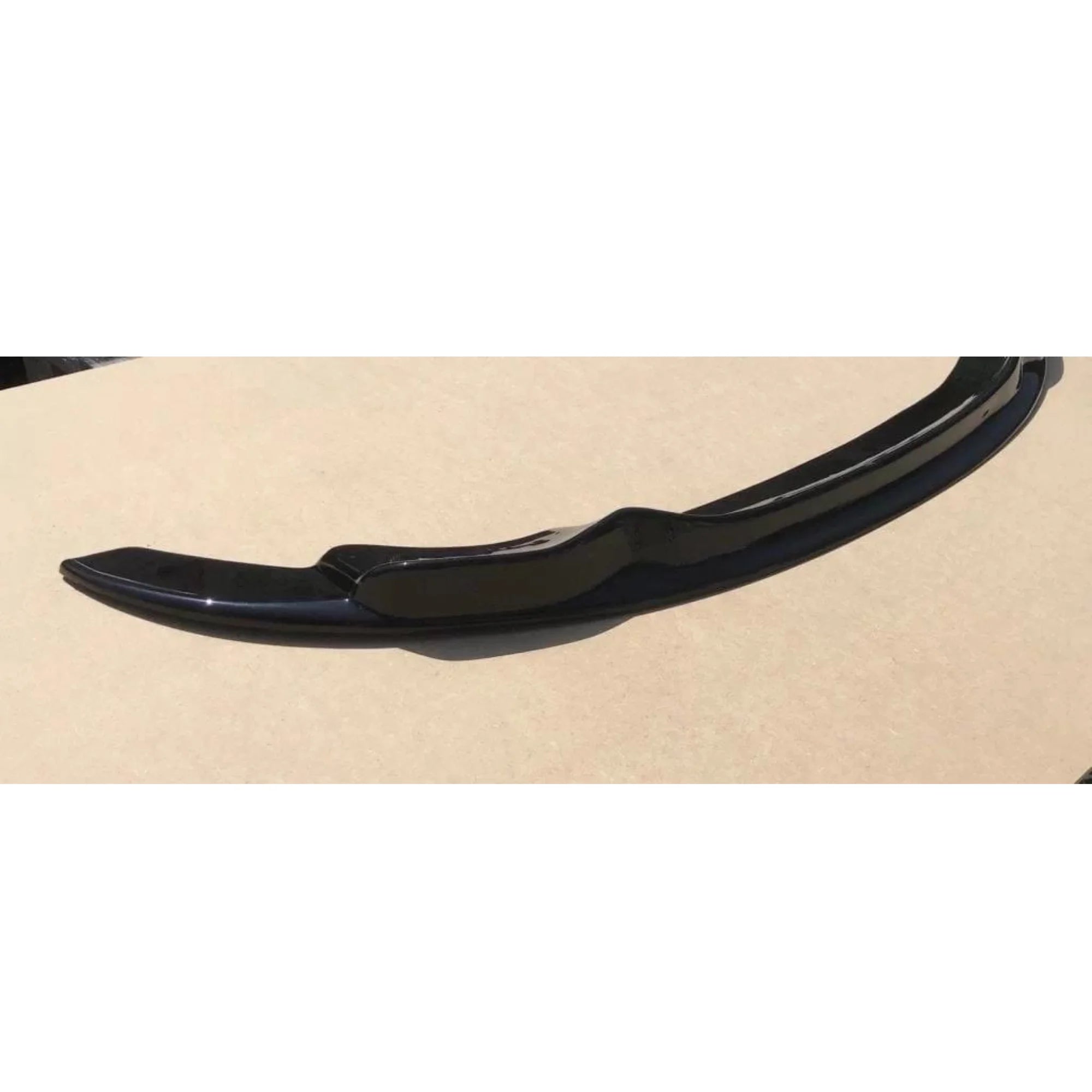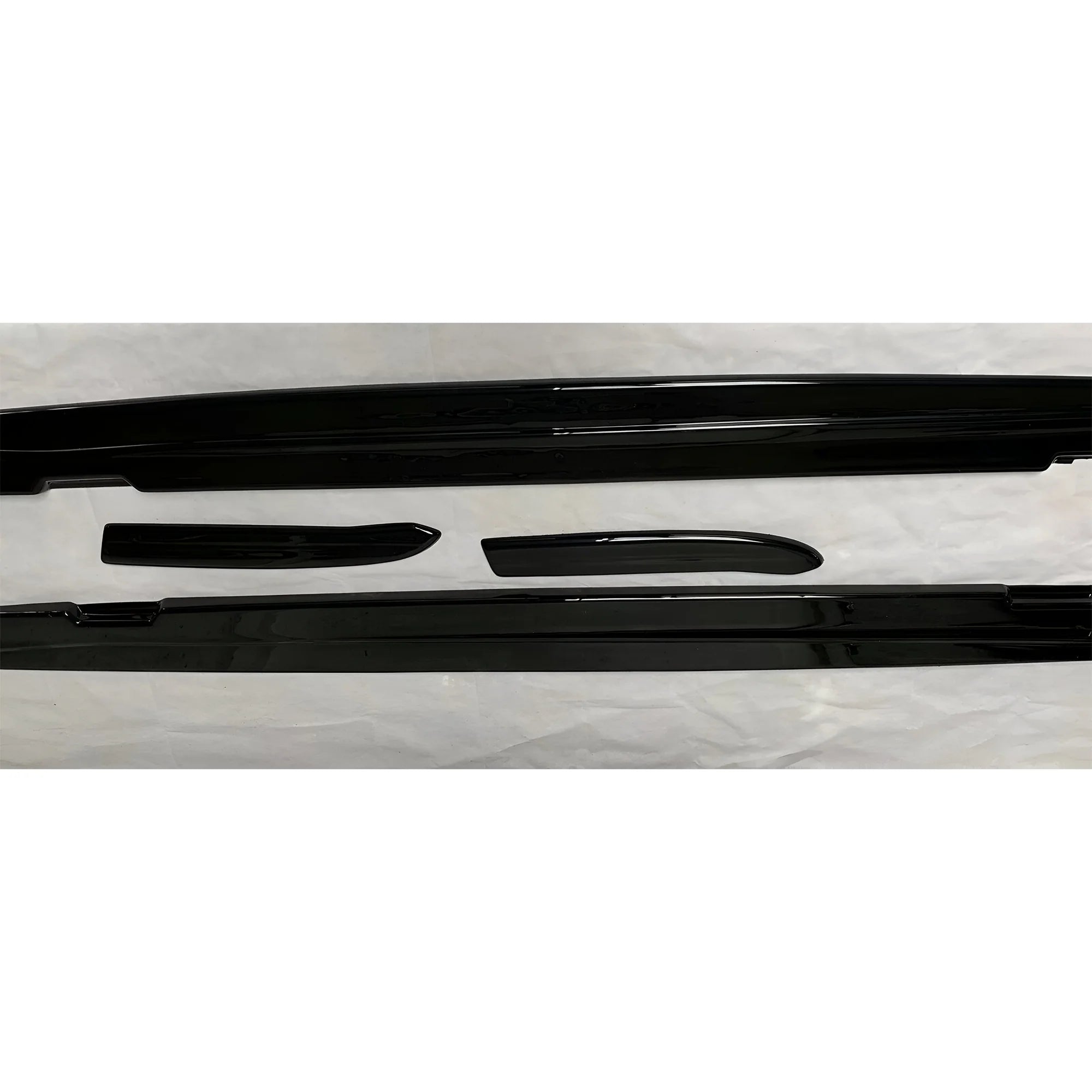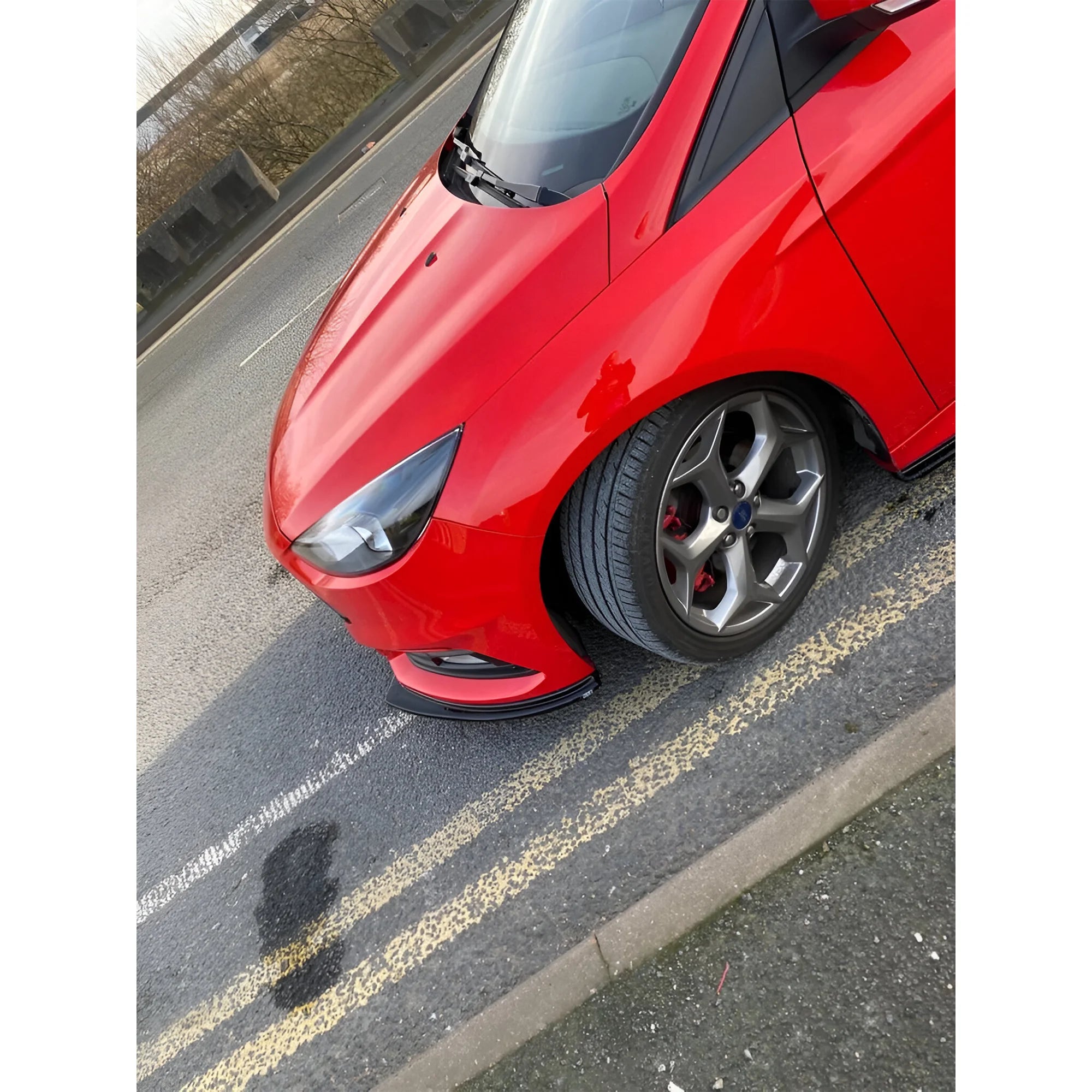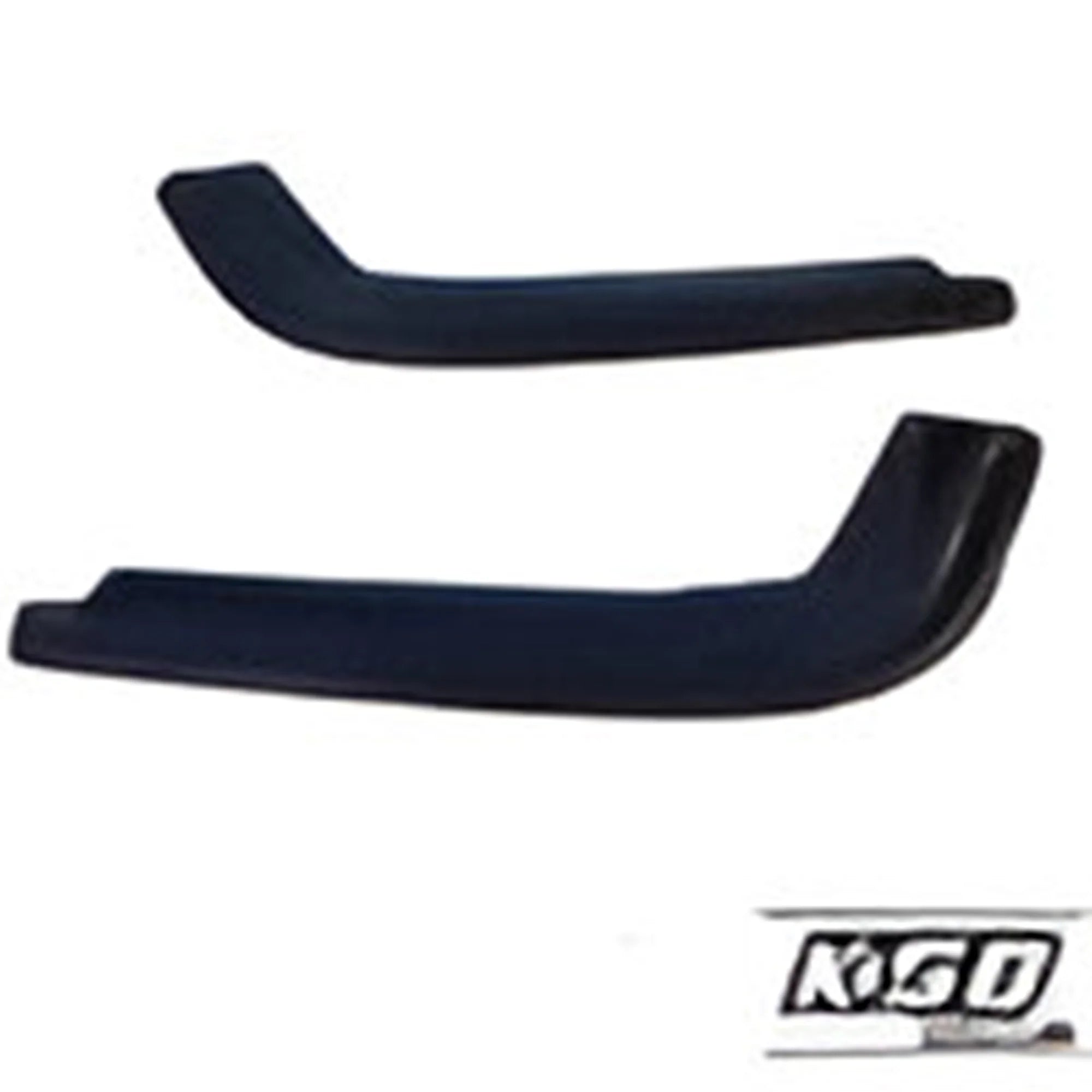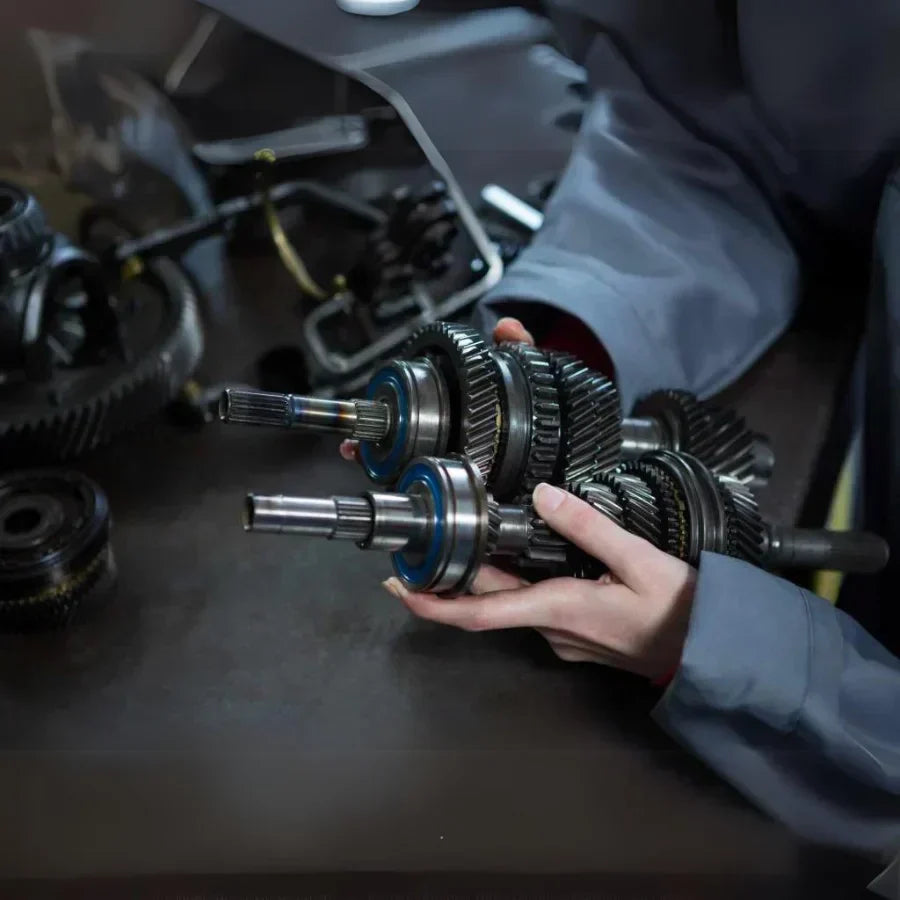
What Is a Valve Lifter and Why Is It Important? A Complete Guide

Understanding the inner workings of your car’s engine can seem complicated, but knowing about key components like the valve lifter can help you maintain your vehicle better and avoid costly repairs. In this comprehensive guide, we’ll explain what a valve lifter is, how it works, why it’s important, common problems, and maintenance tips to keep your engine running smoothly.
What Is a Valve Lifter?
A valve lifter, sometimes called a tappet or cam follower, is a small but crucial engine component that helps control the opening and closing of your engine’s valves. Located between the camshaft and the valve, the valve lifter transfers the camshaft’s rotational motion into linear motion, which opens and closes the intake and exhaust valves at precise times.
Types of Valve Lifters
There are two primary types of valve lifters:
-
Mechanical (Solid) Lifters:
These lifters have a solid design and require manual adjustment to maintain the correct valve clearance. They are simple but require regular maintenance to keep the engine running efficiently. -
Hydraulic Lifters:
Hydraulic lifters use oil pressure to automatically adjust valve clearance, reducing maintenance needs and minimizing valve train noise. Most modern vehicles use hydraulic lifters because of their convenience and quiet operation.
How Does a Valve Lifter Work?
The valve lifter rides on the camshaft lobes, which rotate as the engine runs. As the camshaft turns, its lobes push the valve lifters upward. This upward motion is transferred through pushrods (in some engines) to rocker arms, which then open the valves. When the camshaft lobe rotates away, the valve lifter moves down, allowing the valve to close.
This precise timing is essential for proper engine operation because it controls the flow of air and fuel into the engine and the expulsion of exhaust gases.
Why Is the Valve Lifter Important?
The valve lifter plays a vital role in your engine’s performance and longevity. Here’s why:
1. Ensures Proper Valve Timing
Valve lifters ensure that the valves open and close at the right moments during the engine cycle. Proper valve timing is critical for efficient combustion, which affects power output, fuel efficiency, and emissions.
2. Reduces Engine Noise
Hydraulic valve lifters help reduce the tapping or clicking noises commonly associated with valve train components. This leads to a quieter and smoother-running engine.
3. Minimizes Wear and Tear
By maintaining correct valve clearance, valve lifters reduce unnecessary wear on camshaft lobes and valves. This helps extend the lifespan of your engine components.
4. Improves Fuel Efficiency and Performance
When valves operate correctly, the engine breathes better, leading to improved combustion and better fuel economy.
Common Symptoms of a Faulty Valve Lifter
Valve lifters are durable, but like any mechanical part, they can wear out or fail. Here are common signs that your valve lifter may be malfunctioning:
1. Tapping or Clicking Noise
A common symptom of a failing valve lifter is a tapping or clicking noise coming from the engine, especially noticeable during startup or idling. This noise occurs because the lifter is not maintaining proper clearance.
2. Rough Engine Idle
If the valve lifter is not working correctly, the valves may not open fully or at the right time, causing the engine to idle roughly or misfire.
3. Reduced Engine Performance
Faulty valve lifters can lead to poor valve operation, which reduces engine power and acceleration.
4. Increased Emissions
Improper valve timing can cause incomplete combustion, resulting in higher emissions and possibly triggering the check engine light.
Causes of Valve Lifter Problems
Several factors can contribute to valve lifter issues:
- Dirty or Contaminated Oil: Oil sludge can clog hydraulic lifters, preventing them from functioning correctly.
- Lack of Regular Oil Changes: Old or degraded oil loses its lubricating properties, causing wear.
- Worn Camshaft Lobes: Excessive wear on the camshaft can affect lifter movement.
- Engine Overheating: High temperatures can damage valve train components.
- Poor Maintenance: Neglecting regular engine tune-ups can lead to valve lifter failure.
How to Maintain Valve Lifters for Longevity
Proper maintenance can extend the life of your valve lifters and keep your engine running smoothly.
1. Regular Oil Changes
Changing your engine oil at recommended intervals is the single most important step. Clean oil ensures hydraulic lifters are properly lubricated and free from sludge buildup.
2. Use the Correct Oil Type
Always use the oil grade and type recommended by your vehicle manufacturer. Some hydraulic lifters require specific oil viscosities to function optimally.
3. Periodic Engine Tune-Ups
During regular service visits, have your mechanic inspect the valve train and adjust valve clearances if needed (especially for mechanical lifters).
4. Avoid Engine Overheating
Keep your cooling system in good condition to prevent overheating, which can damage valve lifters and other engine parts.
Valve Lifters in Different Engine Types
Valve lifters vary depending on engine design and application:
- Performance Engines: Often use mechanical lifters for precise valve control at high RPMs, despite requiring more maintenance.
- Everyday Vehicles: Typically use hydraulic lifters for low maintenance and quieter operation.
- Overhead Cam Engines: Some modern engines use cam followers or direct-acting lifters that eliminate pushrods for better efficiency.
When to Replace Valve Lifters?
Valve lifters usually last a long time, but replacement is necessary if they become noisy, fail to maintain clearance, or cause engine performance issues. Replacement costs vary depending on engine complexity and labor but addressing issues early can prevent more costly repairs.
Why Trust KSB Auto Styling for Your Valve Lifter Needs?
At KSB Auto Styling, we understand the importance of every engine component, including valve lifters. Our expert team offers:
- High-quality valve lifter parts and replacements
- Professional advice tailored to your vehicle model
- Maintenance tips to extend your engine’s life
- Competitive prices and reliable service
Whether you need a valve lifter replacement or want to upgrade your engine’s performance, we’re here to help.
Final Thoughts: Keep Your Engine Healthy with Proper Valve Lifter Care
Valve lifters may be small, but their role in your engine is huge. Proper valve lifter function ensures smooth engine operation, better fuel economy, and longer engine life. Regular maintenance, timely oil changes, and attentive care can prevent valve lifter problems and keep your vehicle running at its best.
If you have concerns about your valve lifters or engine performance, don’t hesitate to contact KSB Auto Styling today. Our experts are ready to assist with diagnostics, repairs, and quality parts to keep your car in top shape.




